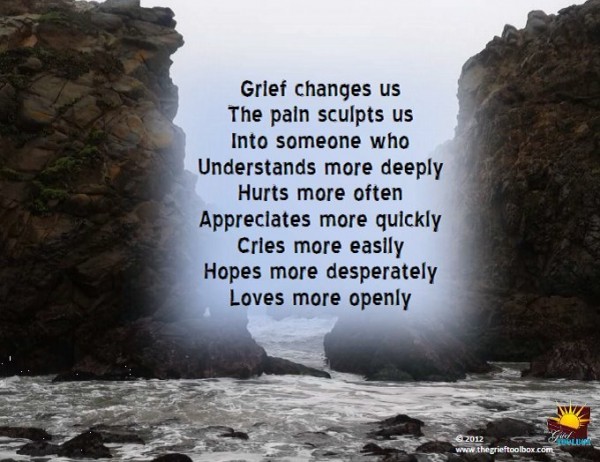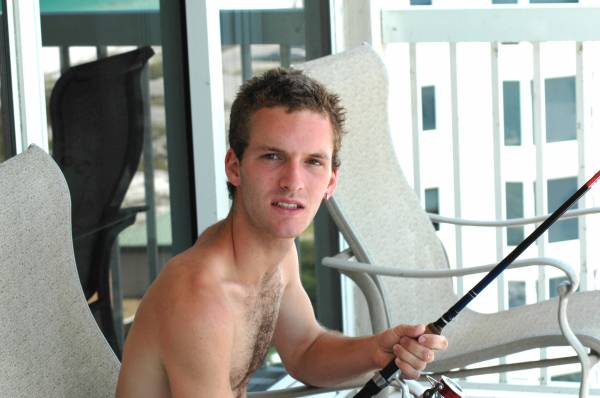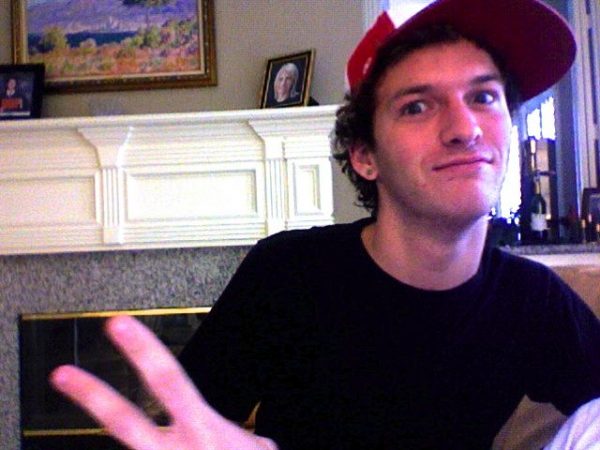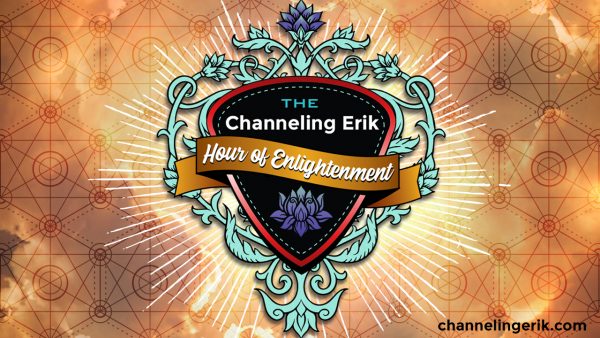Now that I’m almost finished with using sessions for gathering material for the next book, I’m going to start channeling famous figures again. This time, Erik will be asking the questions because I don’t want him to be excluded from the interview. After all, it is “Channeling Erik.” I’ve randomly picked a few for you to choose from, although I have all of your suggestions on the list. I won’t be adding any more to that list because there are 450+ on it. I won’t live long enough to get through them all! Here’s the poll.
On another note, I tried yoga for the first time (probably because my workout club offers it for free!) and something weird happened. I started crying. I had to stifle back sobs to keep from breaking the focus of the others who were taking the class. Any thoughts as to why that would happen? Have any of you experienced something like this?
Now for today’s post:
To lose a loved one is pure agony. When you lose a child, your grief is compounded exponentially. When you lose that child to suicide, your grief is multiplied to unbearable levels. When that suicide is violent, you become a POW in a private war, tortured mercilessly day after day. In my desire to show solidarity to those who grieve, know I understand how drastically life changes for you and how you feel nothing will every be the same as “before.”
After Erik’s death, friends, family and neighbors were there for us in ways that are immeasurably loving. But death is a very uncomfortable beast for most, so the calls and visits are long gone. Most of my days are spent drowning in a deep loneliness by no fault but my own. I have chosen to become a recluse. Arms that once reached out to others are now withdrawn for fear of drawing back bloody nubs. When I do venture out into the public, I fight to keep on a brave front, smiling, laughing at jokes, sharing casual stories, but I’m constantly aware of the fact that I’m hiding beneath a fragile façade. Behind the soft grin is that ever-present lump in my throat as I fight to choke back the tears. Behind the cheery exterior lurks a bottomless sense of profound sorrow that has become my constant companion. When I go to sleep, my last thoughts are that Erik is dead. When I wake up, my first thoughts are the same. Never, never is there a moment when I’m not acutely aware of my loss.
I recoil at the thought of those “looks” from others, a mix of pity and horror. I watch the uncomfortable squirming, the shifting from one foot to another, the lack of eye contact, all part of that person’s desire to get away from me—the mother who has lost a child to a violent act of suicide. They don’t dare mention Erik’s name, and for me, that’s like watching him die again—day after day after day. In short, I feel like a leper living in a colony of one.
You see, I do understand you. That’s why I share your pain as well. Were it not for you, my virtual friends, life would be impossible to bear. Each member in my loving family grieves in their own personal way, so sharing our sadness only opens up raw wounds, and I want be their source of support, not pain. So I’d like to thank you for giving me a safe place to vent the anguish I can’t share with friends and family, and know that this is a place that you can do the same.
That’s why this email from Shelly, courtesy of Compassionate Friends, struck a deep chord in me. Share this with others if you can. Know that I am here for you, and I’m grateful you’re here for me.
WHAT WE WISH OTHERS UNDERSTOOD ABOUT THE LOSS OF OUR CHILD
- I wish you would not be afraid to speak my child’s name. My child lived and was important, and I need to hear his name.
- If I cry or get emotional if we talk about my child, I wish you knew that it isn’t because you have hurt me; the fact that my child died has caused my tears. You have allowed me to cry, and I thank you. Crying and emotional outbursts are healing.
- I wish you wouldn’t “kill” my child again by removing from your home his pictures, artwork, or other remembrances.
- I will have emotional highs and lows, ups and downs. I wish you wouldn’t think that if I have a good day my grief is all over, or that if I have a bad day I need psychiatric counseling.
- I wish you knew that the death of a child is different from other losses and must be viewed separately. It is the ultimate tragedy, and I wish you wouldn’t compare it to your loss of a parent, a spouse, or a pet.
- Being a bereaved parent is not contagious, so I wish you wouldn’t shy away from me.
- I wish you knew that all of the “crazy” grief reactions that I am having are in fact very normal. Depression, anger, frustration, hopelessness, and the questioning of values and beliefs are to be expected following the death of a child.
- I wish you wouldn’t expect my grief to be over in six months. The first few years are going to be exceedingly traumatic for us. As with alcoholics, I will never be “cured” or a “former bereaved parent,” but will forevermore “be a recovering bereaved parent.”
- I wish you understood the physical reactions to grief. I may gain weight or lose weight, sleep all the time or not at all, develop a host of illnesses, and be accident prone-all of which may be related to my grief.
- Our child’s birthday, the anniversary of his death, and holidays are terrible times for us. I wish you could tell us that you are thinking about our child on these days, and if we get quiet and withdraw, just know that we are thinking about our child and don’t try to coerce us into being cheerful.
- It is normal and good that most of us re-examine our faith, values, and beliefs after losing a child. We will question things we have been taught all our lives and hopefully come to some new understanding with our God. I wish you would let me tangle with my religion without making me feel guilty.
- I wish you wouldn’t offer me drinks or drugs. These are just temporary crutches and the only way I can get through this grief is to experience it. I have to hurt before I can heal.
- I wish you understood that grief changes people. I am not the same person I was before my child died, and I never will be that person again. If you keep waiting for me to “get back to my old self,” you will stay frustrated. I am a new creature with new thoughts, dreams, aspirations, values, and beliefs. Please try to get to know the new me-maybe you’ll like me still.
I believe that instead of sitting around and waiting for our wishes to come true, we have an obligation to tell people some of the things we have learned about our grief. We can teach these lessons with great kindness, believing that people have good intentions and want to do what is right, but just don’t know what to do with us.





